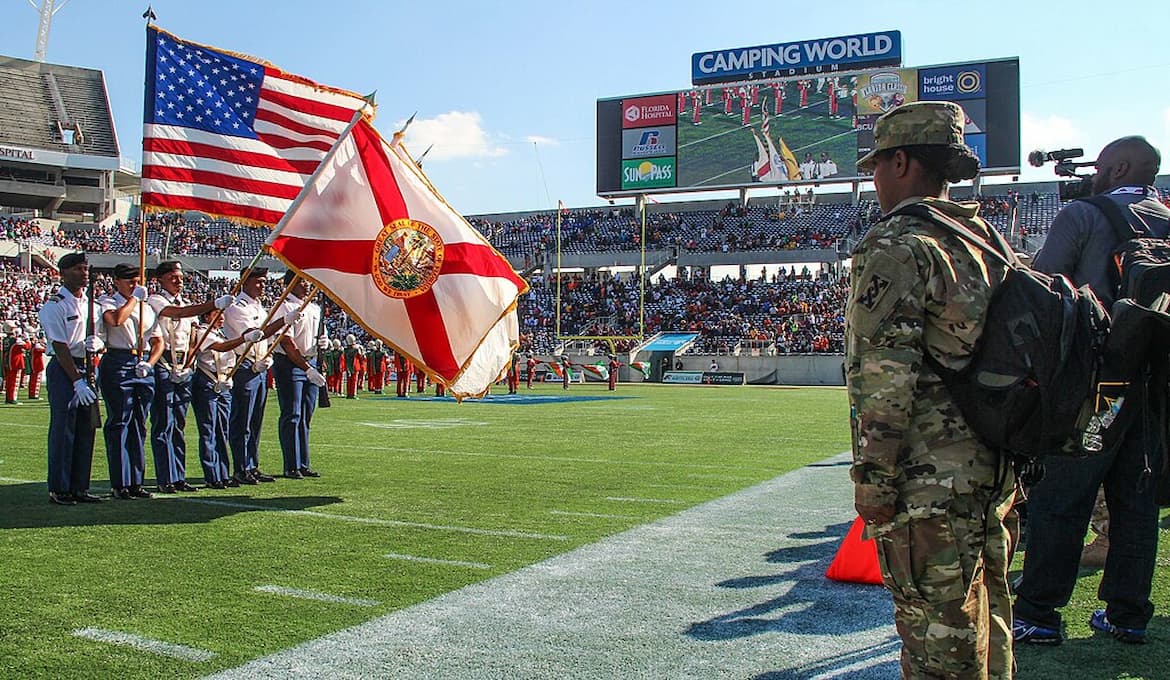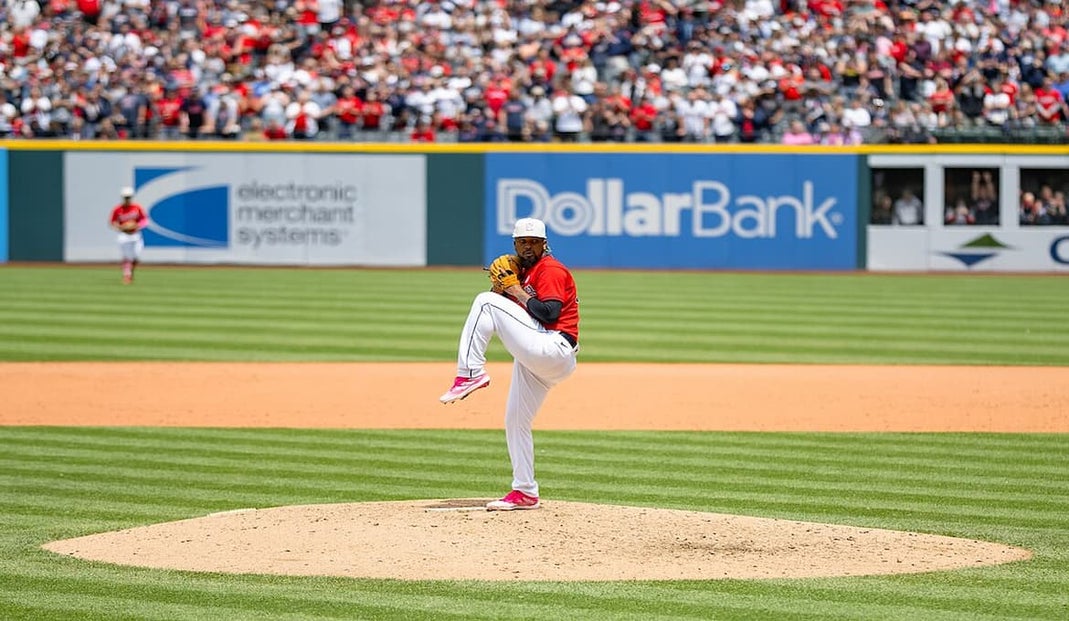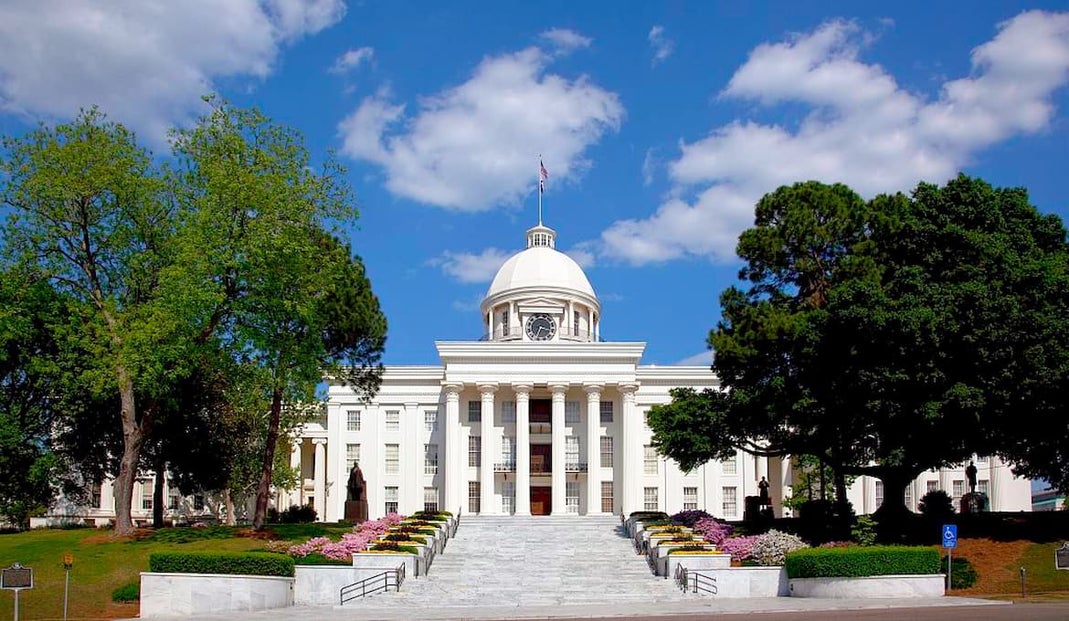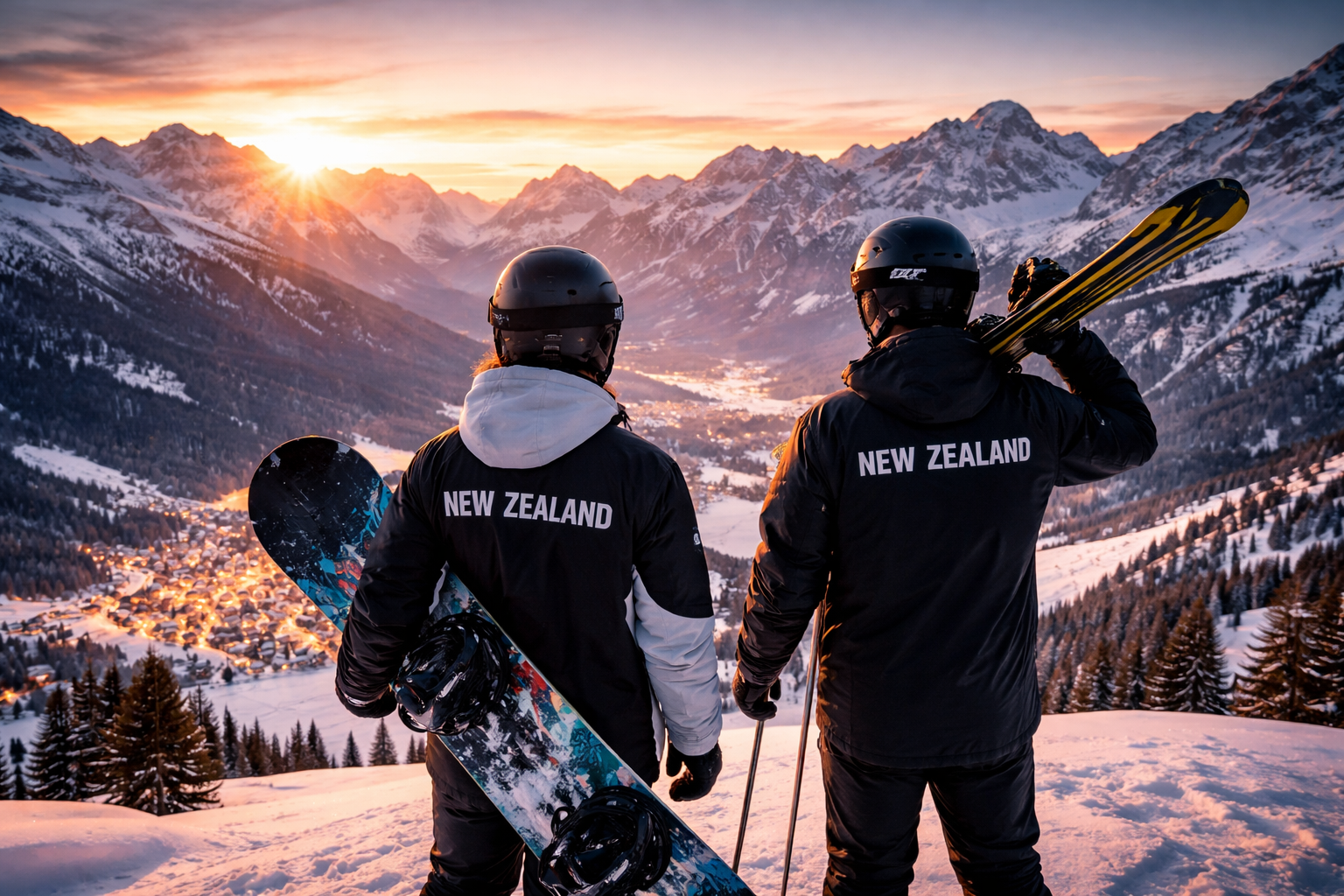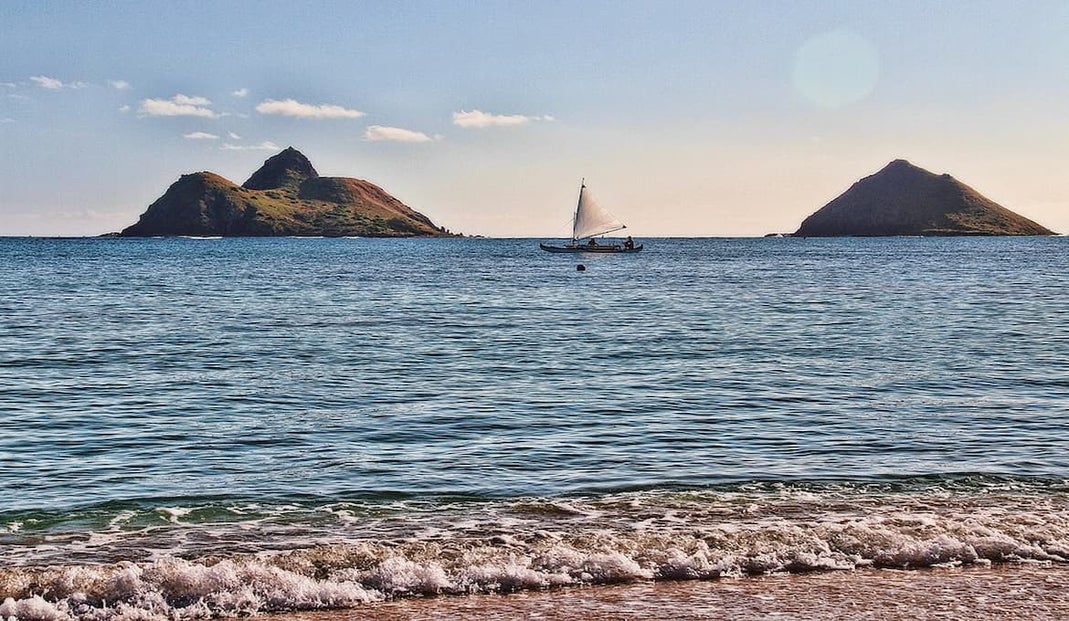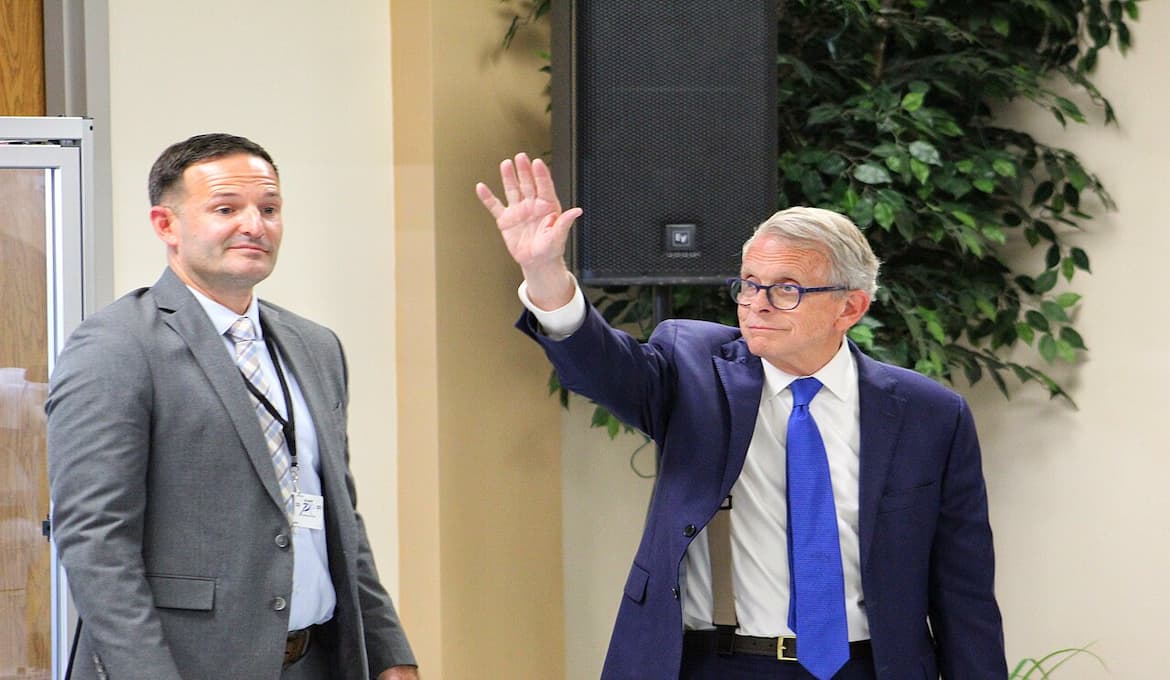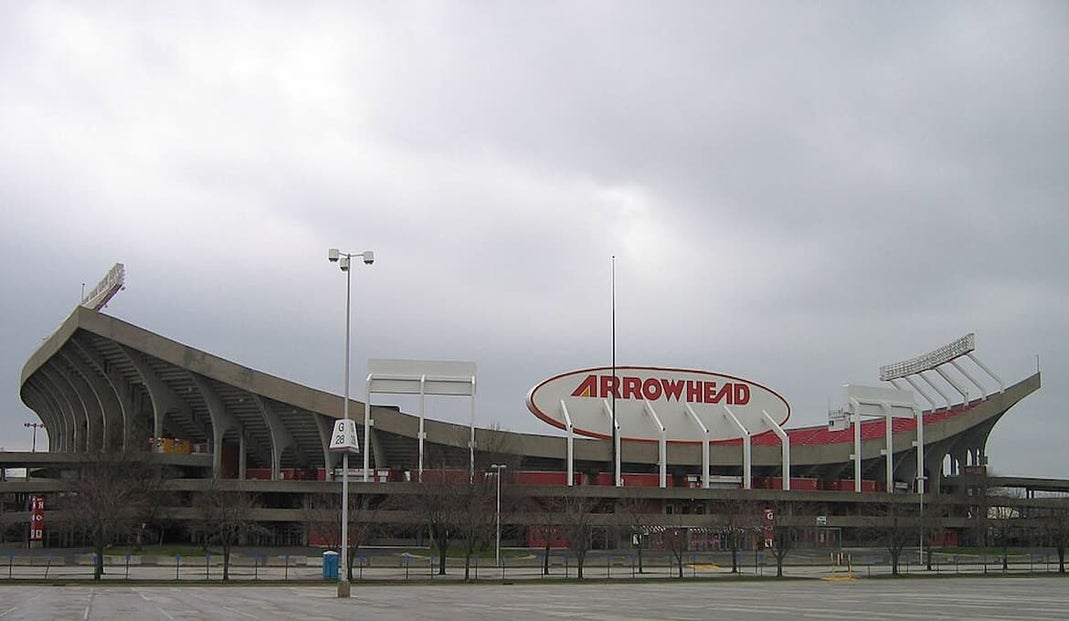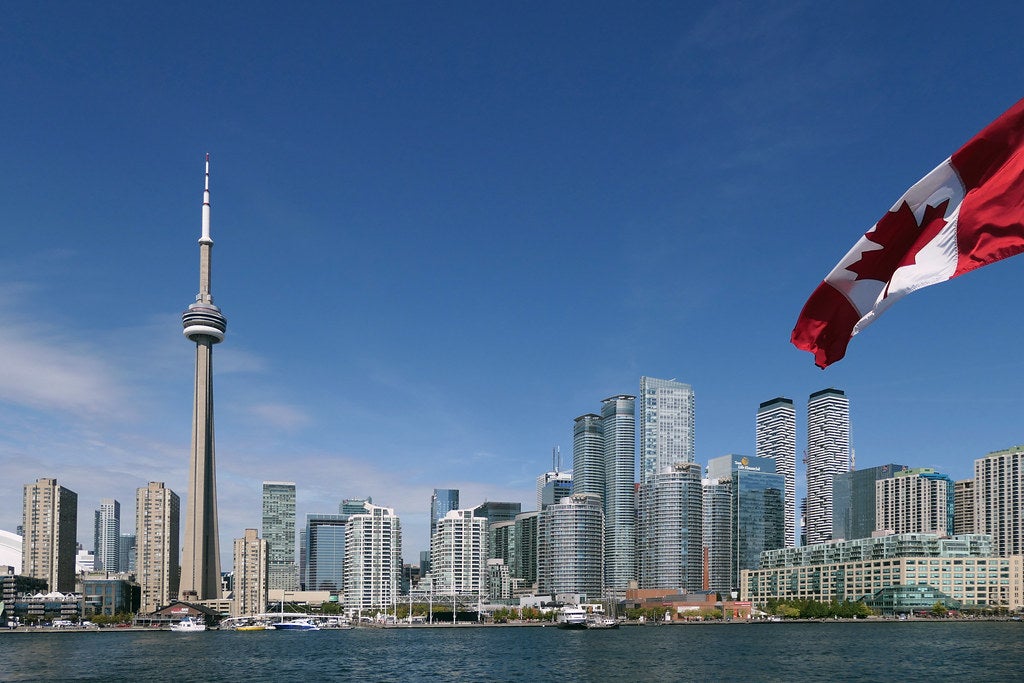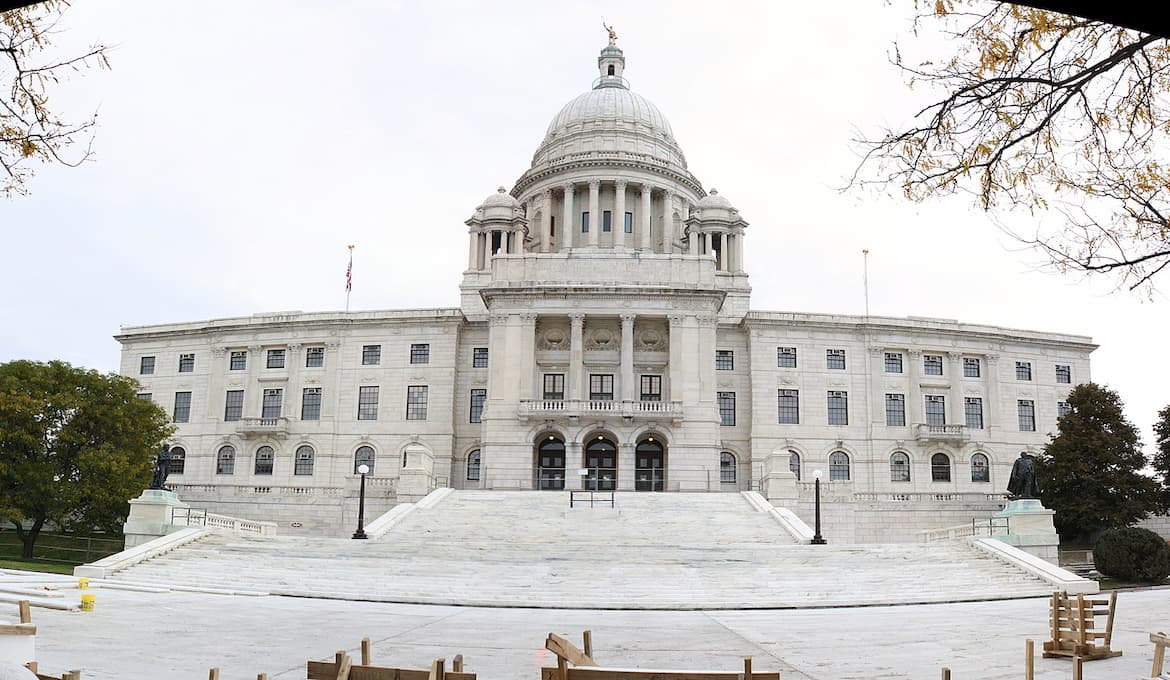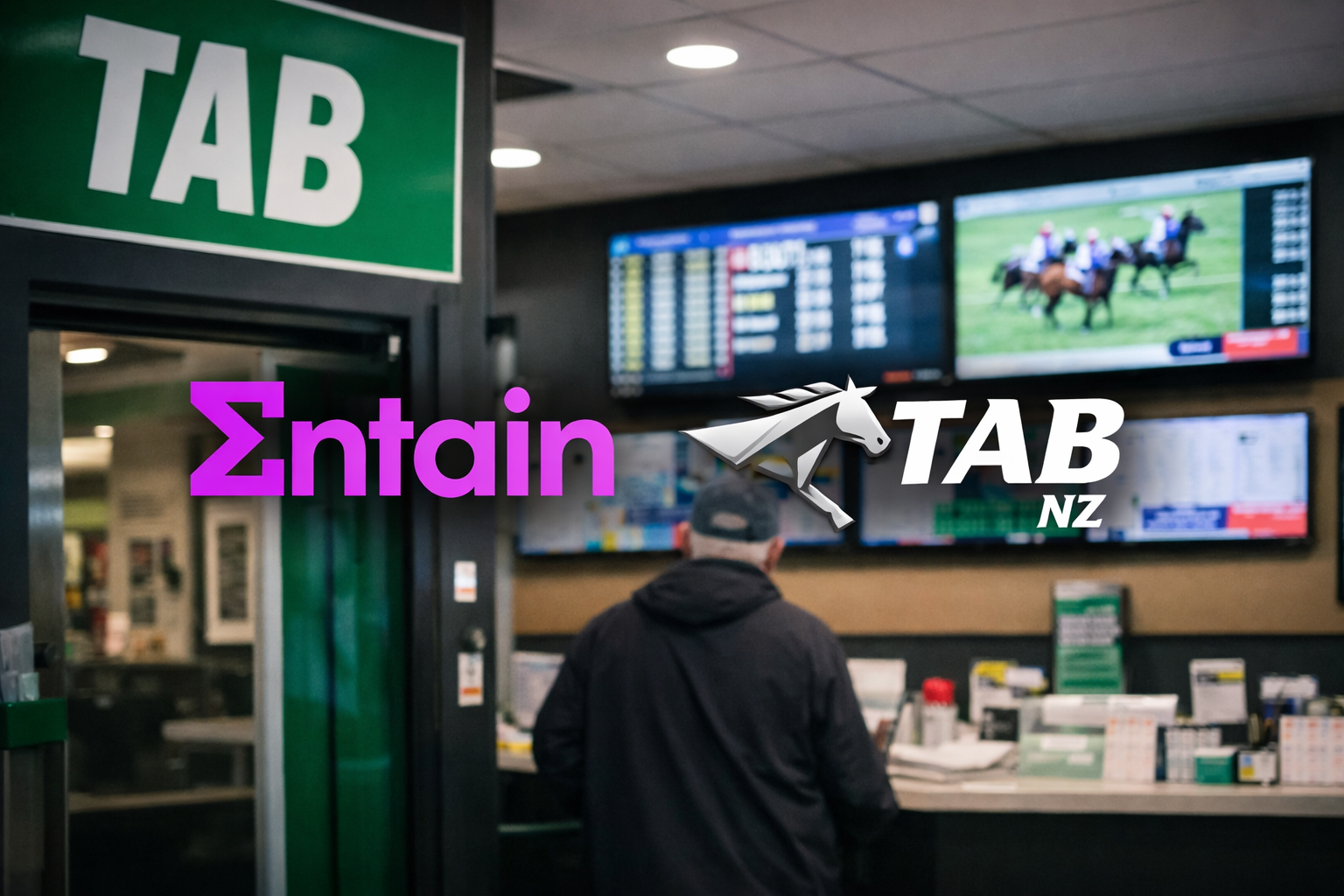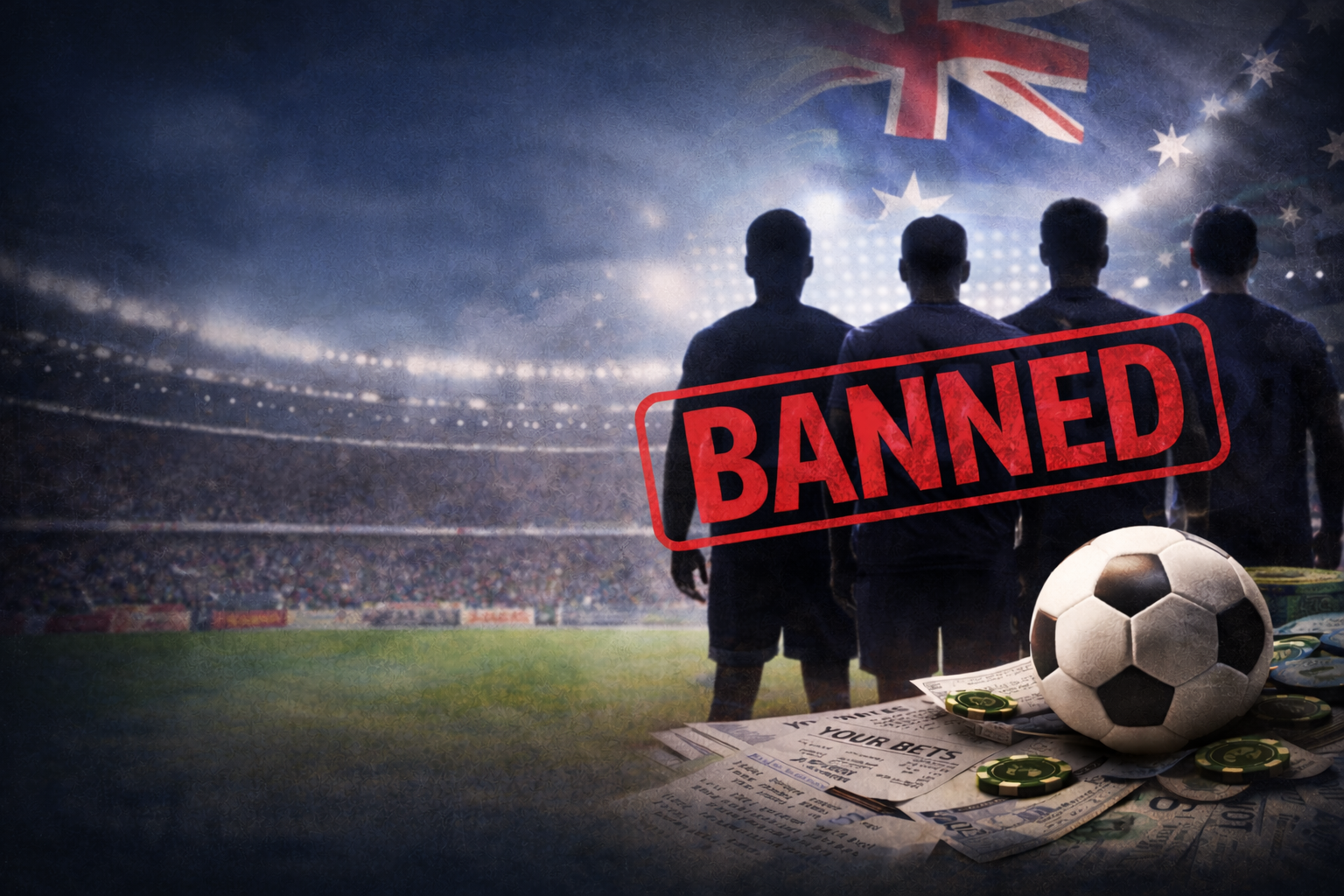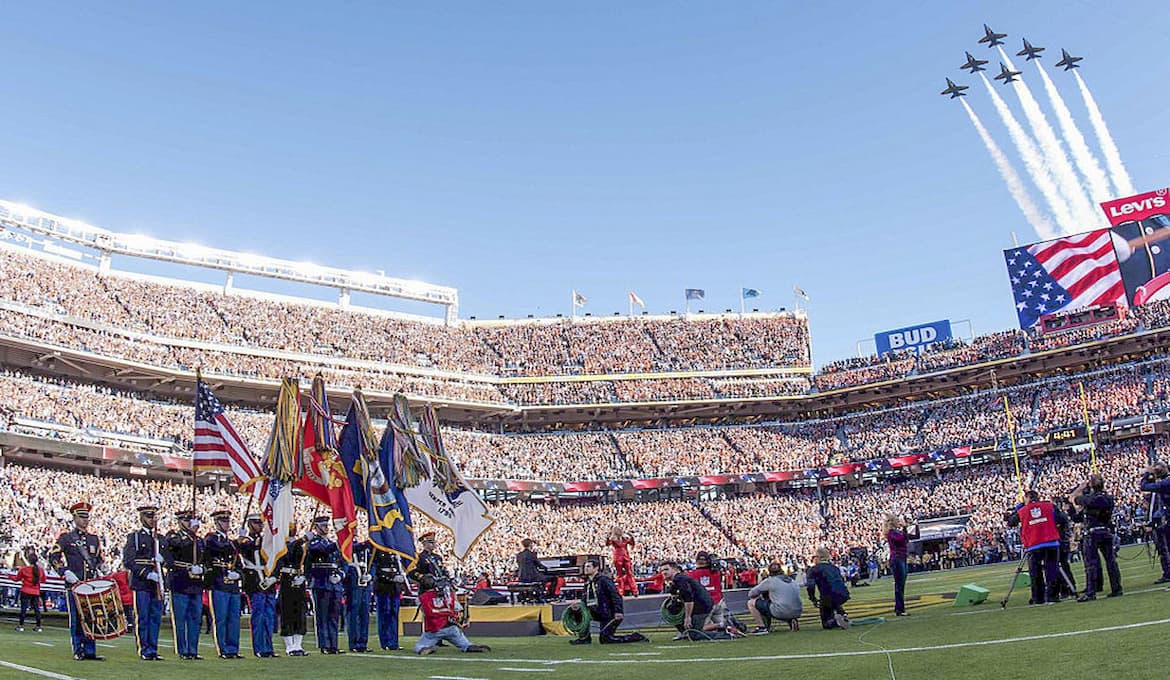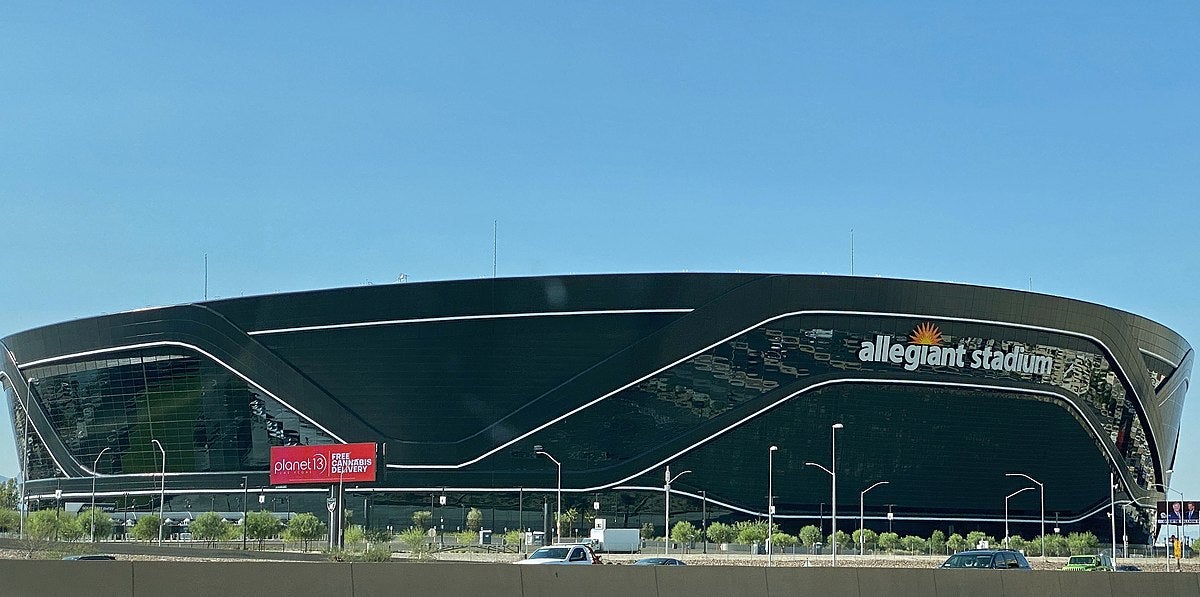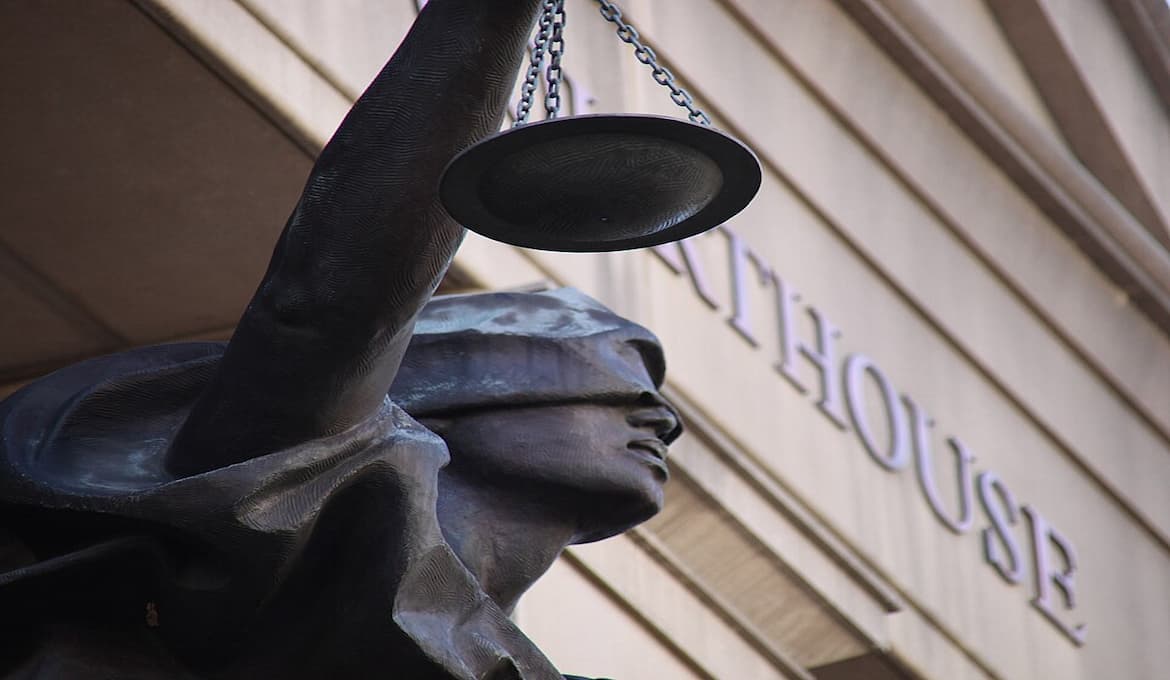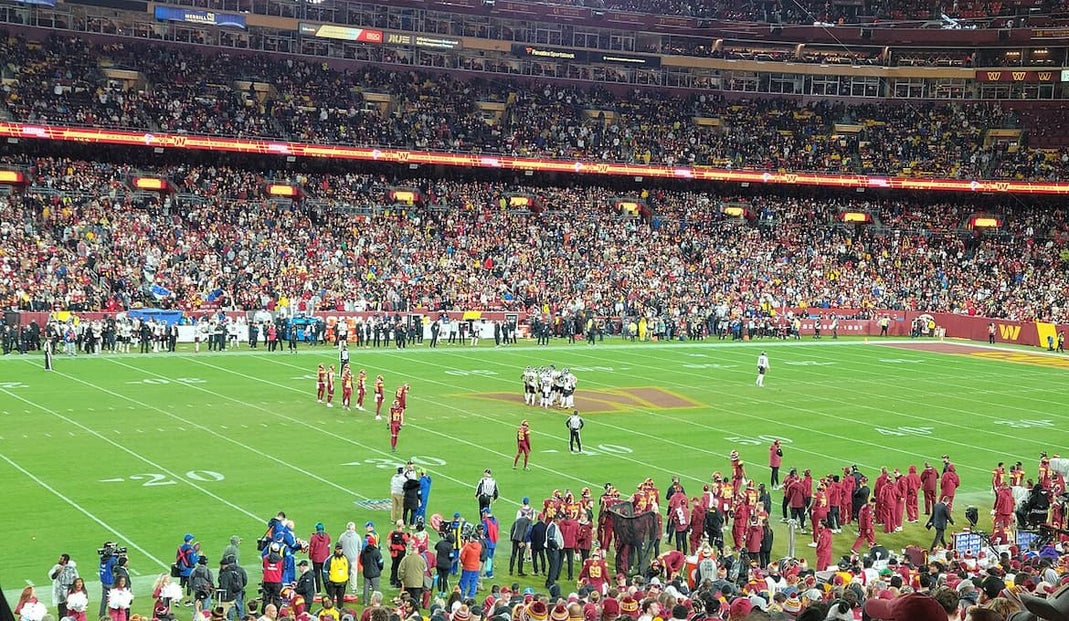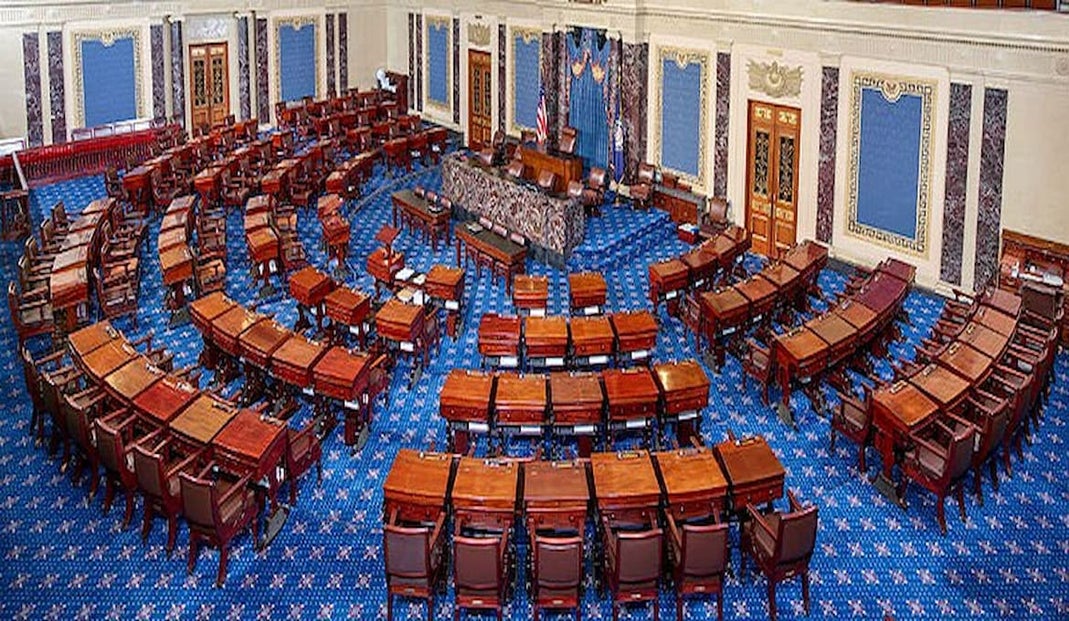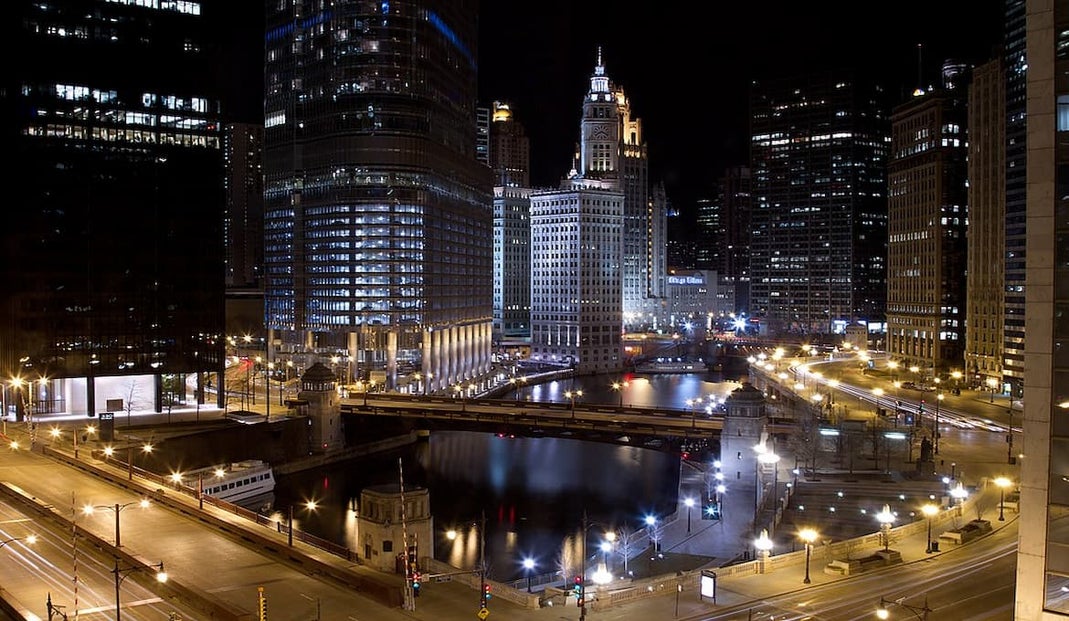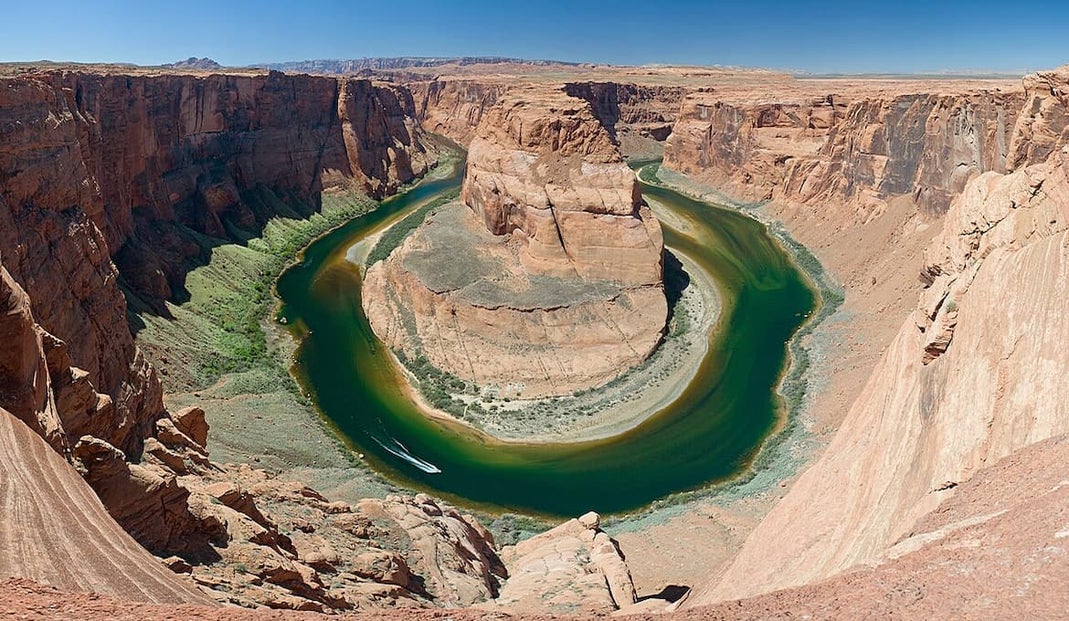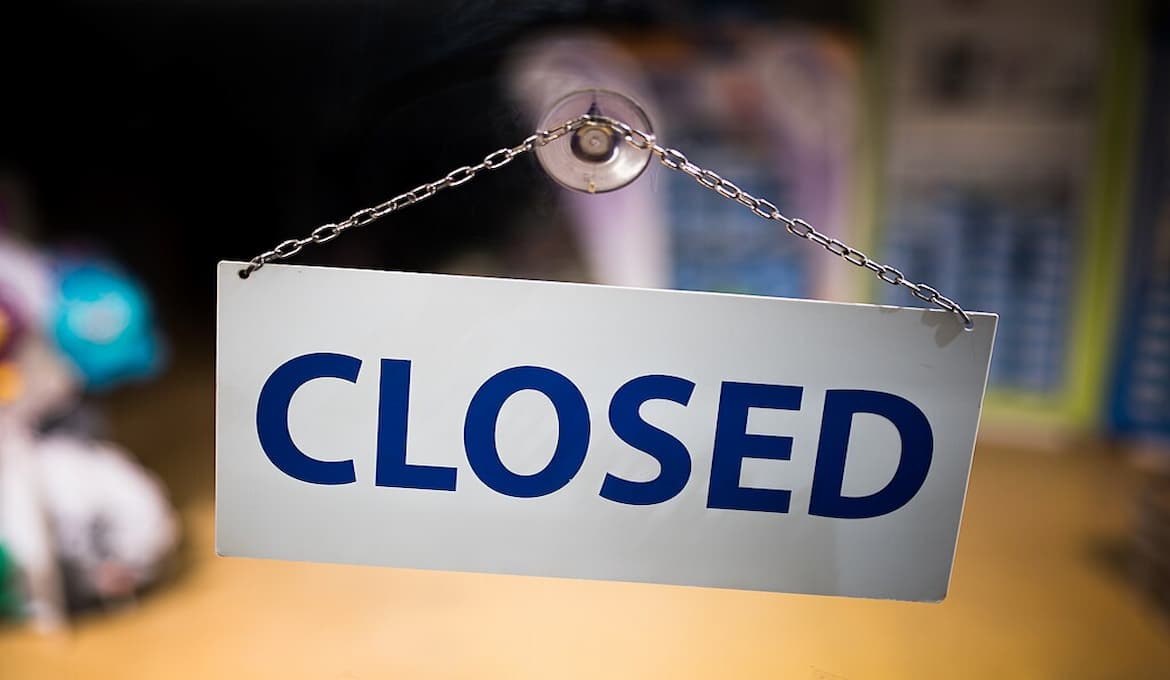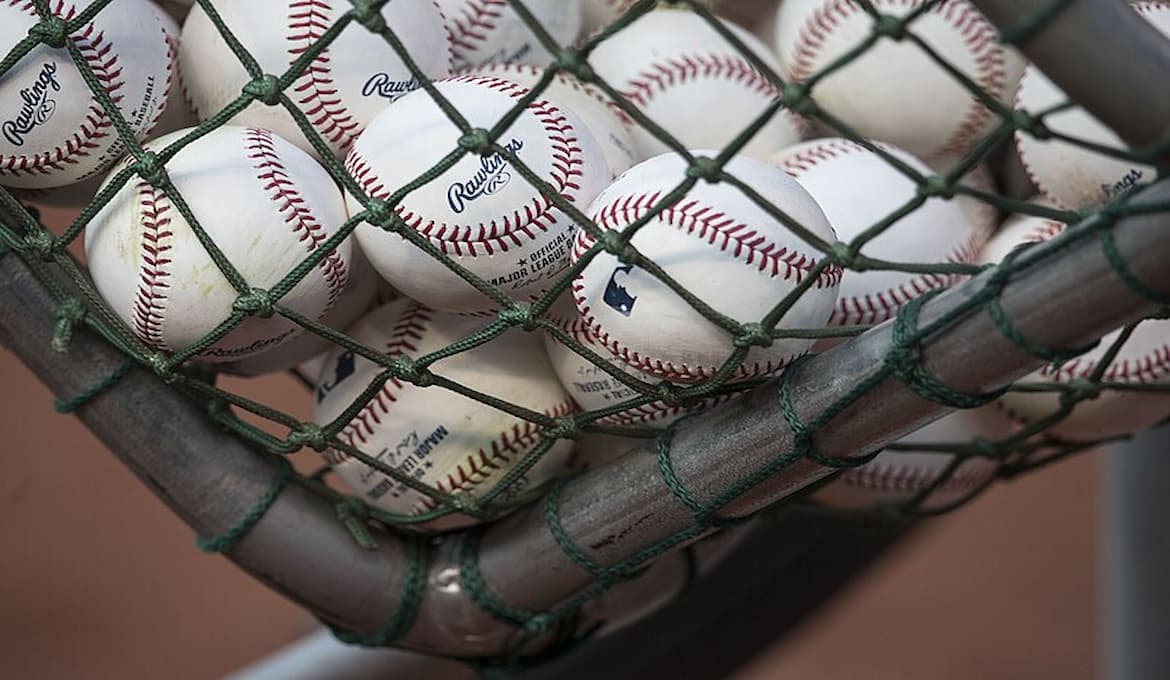Tribal Lawsuits in Danger
There has been no shortage of legal action against operators like Kalshi and Robinhood, but a series of lawsuits from tribal gaming groups was considered the most significant. That’s because they argued that sports prediction markets are being accessed on tribal lands, which violates the Indian Gaming Regulatory Act (IGRA).
If successful, the lawsuits would force operators to find a way to geo-fence tribal lands, which may not be possible.
Kalshi has opted to argue that since their servers are not located on tribal lands, they aren’t violating IGRA. This is the same argument that helped protect Florida’s controversial gaming compact, and could spell disaster for the tribes looking to stop the industry.
Legal Precedent Gives Kalshi an Edge
One advantage to using the Seminole Tribe’s argument over server locations is that it comes with plenty of legal precedent.
Opponents to Florida’s Gaming Compact have spent years challenging it in state and federal courts. One challenge got as far as the US Supreme Court, though it chose not to hear the case. While other factors were in play, the argument over the location of the servers was one of the most significant.
Expect Kalshi to cite those rulings, which could give them the edge they need to defeat the slew of lawsuits.
Larger Dangers Face Kalshi
The importance of Kalshi’s legal battles cannot be overstated, but they are fights this company still has an excellent chance of winning.
The same cannot be said outside of the courtroom. The White House has officially dropped Kalshi board member Brian Quintenz’s nomination to lead the Commodity Futures Trading Commission. Questions over his ties to the company ran rampant, as did accusations that he shared confidential information from rivals with the operator.
While his failure doesn’t mean the prediction market industry is done, it does mean Kalshi is losing favor. That makes defeating mounting lawsuits crucial if they want to continue to profit from an industry they helped build.


